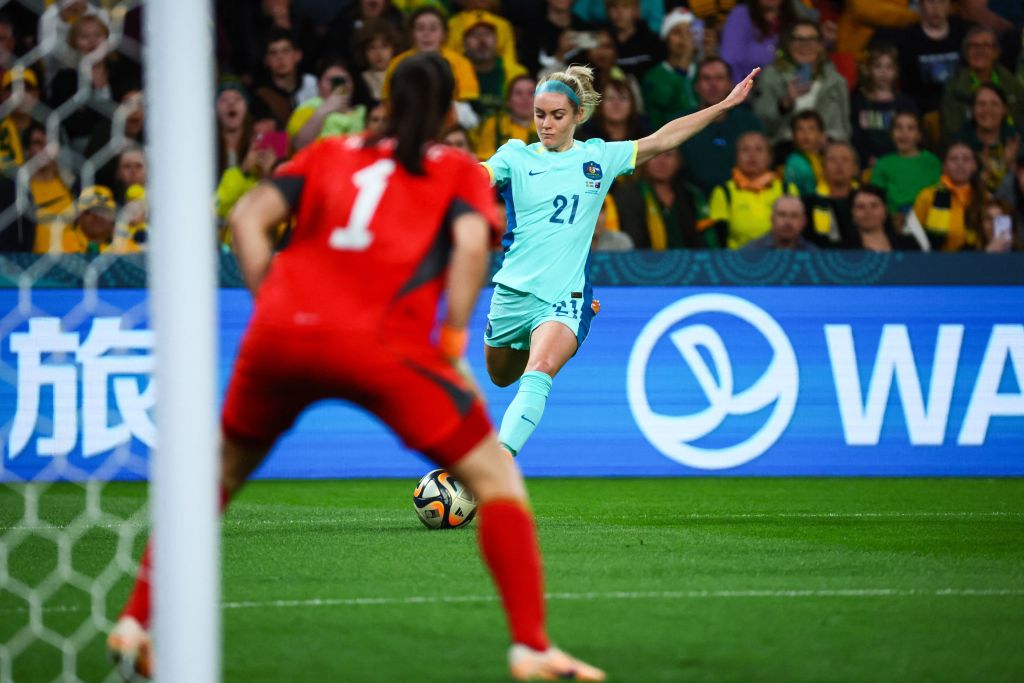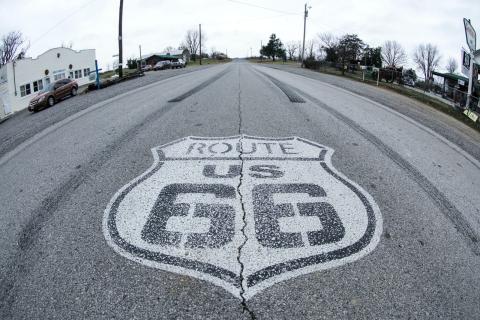We’re asking contributors to put together their own collected observations like this one – and as always, if you’ve got an idea to pitch for The Interpreter, drop a line via the contact details on the About page.
What does Anna Funder’s new book Wifedom have to do with climate finance and Indo-Pacific development?
I did not ask myself this question when I bought Wifedom, and frankly I did not particularly care. I loved Funder’s previous two books Staziland and All That I Am and that was enough for me to cast aside the (literal) mountains of PhD and work reading I have, sitting in various parts of my house, and buy her part memoir/part historical fiction/part biography take on George Orwell’s wife, Eileen O’Shaughnessy.

But the more I read of Wifedom (which is a magnificent book technically and conceptually), the more I reflect on how dissecting the credibility of the stories and narratives we are told is increasingly important in the modern age. It can also be a powerful tool for righting historical injustice. Funder’s forensic examination of how Orwell obscures Eileen’s central role with the Workers’ Party of Marxist Unification, or POUM, in his 1938 Homage to Catalonia is a case in point.
This was also top of mind when reading this excellent blog from the ADB on why the term “natural disasters” should be taken out of use for failing to recognise the social, political, environmental, and economic context of disasters. It spurred me to re-read some prized sections of one my favourite books on narrative framing, Merchants of Doubt, by historians Naomi Oreskes and Erik Conway, which explores the influence of industry scientists in spreading misinformation on the health impacts of smoking and the science of climate change.
I’ve also watched the Women’s World Cup with most of Australia. As a former SBS employee who loves the world game, there has been a lot of personal joy in seeing the Matildas’ win over the hearts of Australians, not as wives, or mothers or objects of sexual desire, but as strong, resilient, and collegiate role models. And if Ellie Carpenter happens to read The Fix – you’re my 11-year-old daughter’s hero!


